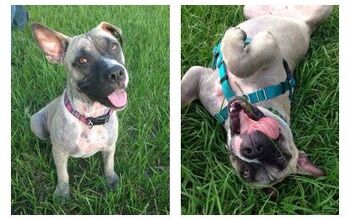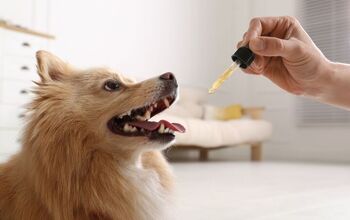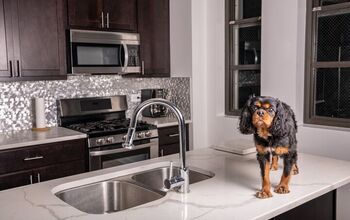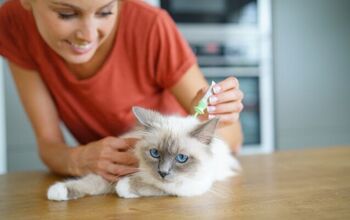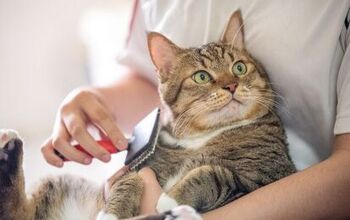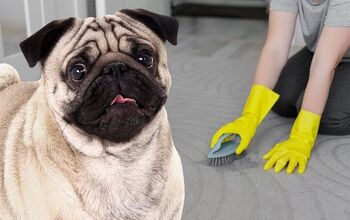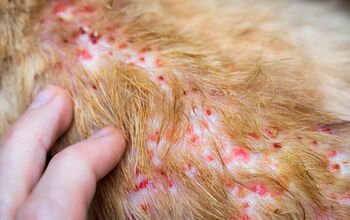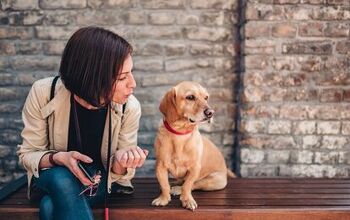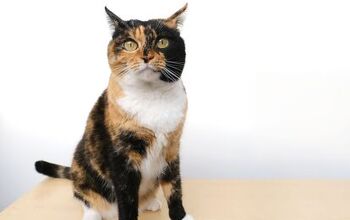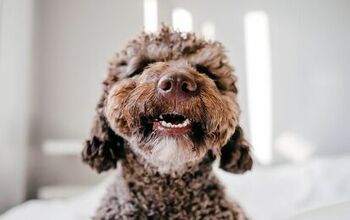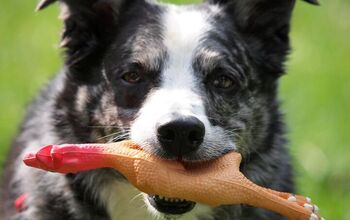Daisy Dog


About Daisy Dog
The sweet little Daisy Dog is a mini-mix of all our favorite pint-sized pooches. It brings the intelligent Poodle together with the curious Bichon Frise and the outgoing Shih Tzu for a fun family dog that loves to play, enjoys meeting new faces and seldom barks – which makes him a great choice for apartments dwellers.
The Daisy Dog brings the fun character traits of the Poodle, the Bichon Frise and the Shih Tzu together in one dog!
The Daisy Dog is a mixed breed dog that likely dates back to the 1980s when Designer Dogs first became popular. Breeding two different purebred dogs could be tailored to produce puppies that side-stepped the health issues often present in their parent breeds and could result in a smaller, gentler or even hypoallergenic version of a popular breed.
The Daisy Dog is the proverbial “dog’s breakfast” when it comes to lineage and with three breeds contributing she isn’t eligible to join the American Kennel Club (AKC) roster of pure-breds. His parent breeds however are all members in good standing; the Poodle joined AKCs “non-sporting” group in 1887 while the Bichon Frise was also named to the “non-sporting” group in 1972 and the Shih Tzu joined the “toy” group in 1969.
The high energy Daisy Dog is small- to medium-sized and needs a food that reflects his size, age and activity level. Opt for a nutrient-rich kibble without fillers (carbs) and because he comes from breeds that are prone to joint issues and to gaining weight, be careful to not over-feed. As Poodles can experience digestive issues, avoid high fat meals and plan to feed him 2 to 3 meals daily versus free-feeding.
The Daisy Dog loves to play, go for his walks and snuggle on a lap.
Daisy Dogs are bright, keen to please and quick to obey commands which makes them an easy dog to train. Obedience and socialization training should be a snap as they respond extremely well to lots of verbal praise and treats of your choosing for a job well done.
Depending on which breed more heavily influences your Daisy Dog, you can expect him to weigh in the range of 10 to 30 pounds once he reaches adulthood.
The super friendly Daisy Dog loves to play, gets along well with kids and other animals and seldom barks – meaning he isn’t watchdog material. He has a keen to please personality and enjoys human companionship, interactive playtime and snuggling on a lap. This pooch doesn’t do well when left on his own for long periods so having a family member at home or a regular visit by a dog walker will be key to keeping him mentally healthy and out of mischief.
Designer dogs are often bred to cancel out some of the serious health issues that present in their parents and while the Daisy Dog is generally healthy, one should always be aware of what they could inherit over time. From his 3 parent breeds, this could include joint problems, portosystemic liver shunt, Addison’s Disease, bloat, epilepsy, bladder stones and bladder infections.
The average life span of a Daisy Dog is 13 to 16 years.
The Daisy Dog is an active little pooch who needs regular exercise to keep him from gaining weight and running into joint issues later in life. His small size means a couple of short, daily walks and some active indoor or outdoor playtime will be enough to keep him happy and healthy. Adding visits to an off-leash park is an ideal way to keep him mentally stimulated, socialized and physically fit.
Daisy Dogs are bright, keen to please and quick to obey commands.
With all his backgrounds, its clear the Daisy Dog (AKA Shichon Poo) isn’t a purebred and therefore isn’t recognized by the American Kennel Club (AKC) however he is a member of the Dog Registry of America, Inc.(DRA).
The Daisy Dog is considered a low- to non-shedding pooch and his thick, silky coat is super low maintenance. Brushing 1 to 2 times per week will keep him matt and tangle free with bathing only as needed and periodic visits to the groomers to keep his coat looking its best. Because small dogs can have dental issues, brushing his teeth should be done weekly as should cleaning his floppy ears to prevent a build up of dirt and potential infection.
Daisy Dog pups are extra tiny when born and although socialization is important, handle with care as this little dog can be prone to joint issues later in life. Training and exercise should be done slowly with an eye toward not over-exerting his tiny limbs. They love their toys and will become fast friends with anything you give them at this age.
Photo credit: kozzi2/Depositphoto; graphicphoto/Depositphoto; BonNontawat/Depositphoto

Sharing space with three seriously judgy Schnoodles and a feline who prefers to be left alone. #LivingMyBestLife
More by Mary Simpson



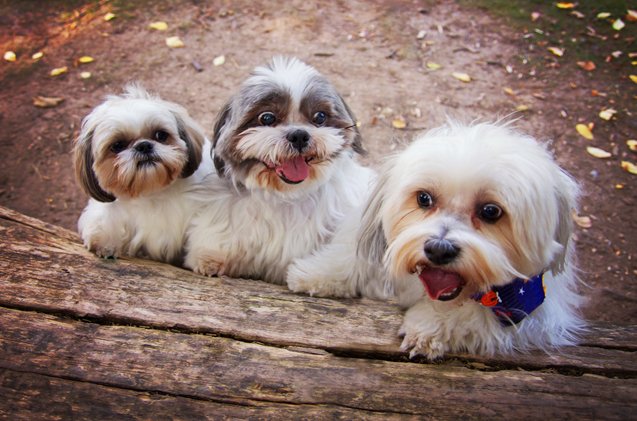



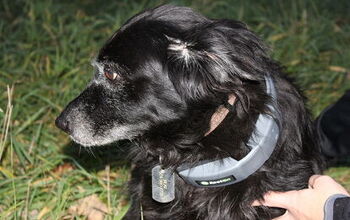
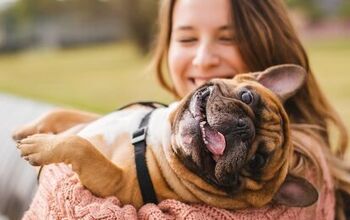
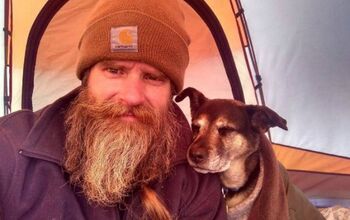
![Rapper Hits All the Right Notes With Calming Song for Dogs [Video]](https://cdn-fastly.petguide.com/media/2022/02/16/8224949/rapper-hits-all-the-right-notes-with-calming-song-for-dogs-video.jpg?size=350x220)
